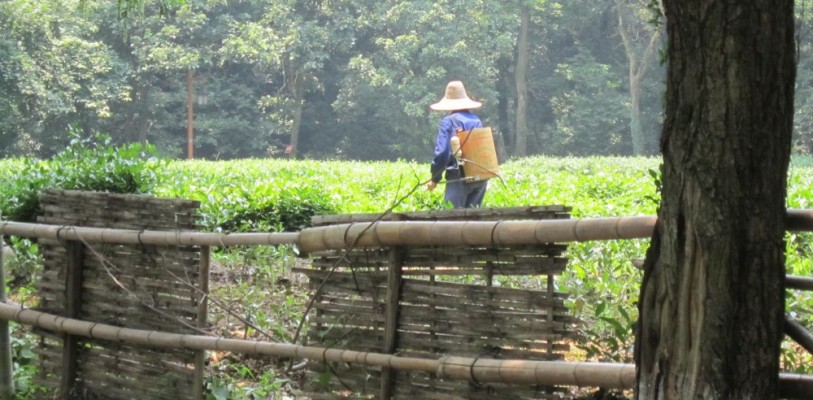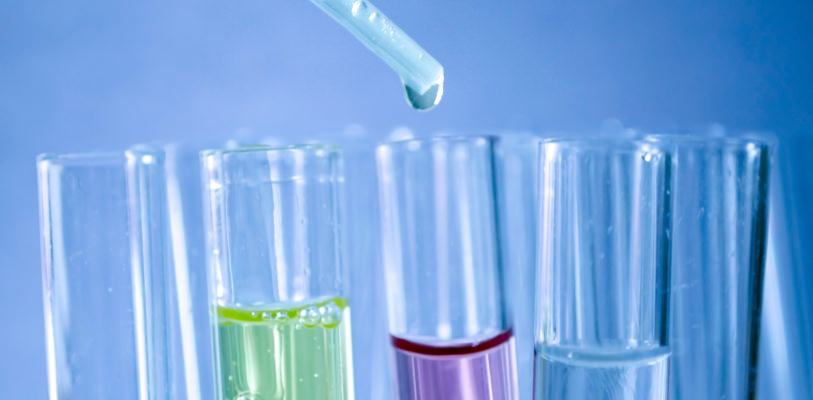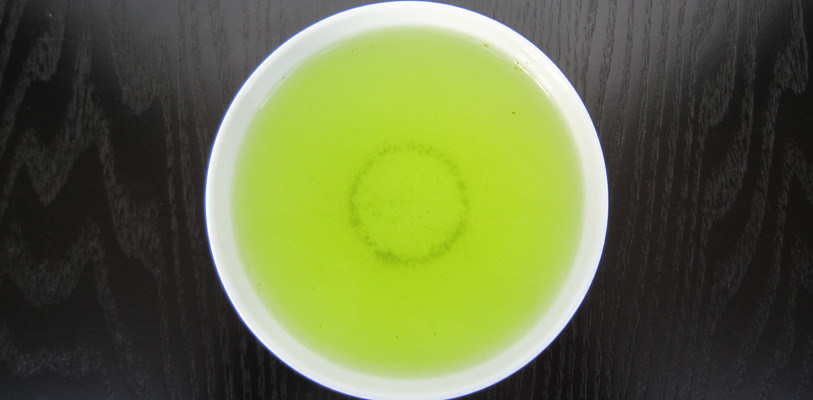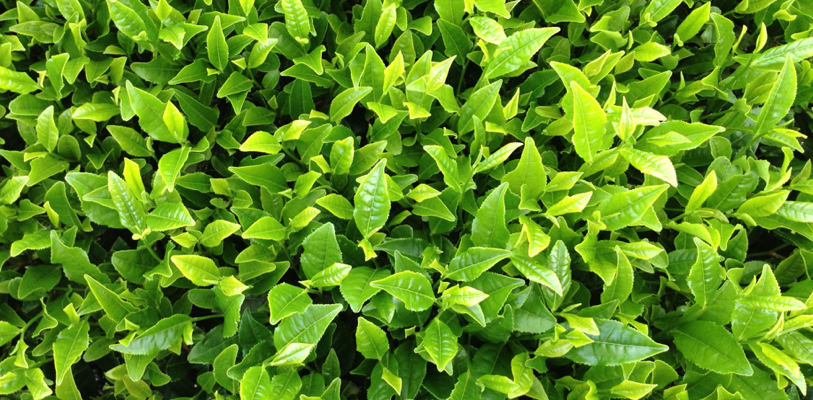
Along with being the world’s largest producer of tea, China is also the world’s largest user of pesticides. The excessive use of dangerous pesticides in green tea farming is having a real impact on the safety of tea in the global market.
The main global producer and exporter of tea is China. Whether it is green tea, oolong tea, jasmine tea or any other tea, odds are it comes from China.
Around 35% of the world’s tea is farmed and processed in China. They currently produce over 80% of the world’s green tea and are the top exporter. They dominate with 78% of the export market.
And every year there are more plantations and more output.
In a study done by Greenpeace in early 2012, researchers took 18 samples of medium-grade tea from 9 different tea manufacturers in China. They sent these samples to a third party lab to test for pesticides. What they found is shocking!
All the samples gathered for this study had a cocktail of pesticides detected. In total, there were 29 different pesticides found in all of the 18 samples of tea. A third of the samples had traces of at least 10 different kinds of pesticides.
Of the 18 samples, 12 had residue of pesticides banned by the Chinese Ministry of Agriculture for use on tea plants. The banned pesticides found were methomyl, endosulfan and fenvalerate.
The World Health Organization (WHO) has classified methomyl as highly hazardous. This poison is rated as having an acute toxicity, which means that the adverse effects may occur within days of ingesting the substance.
Endosulfan is banned globally! This dangerous chemical is difficult to breakdown naturally, meaning it stays around for a long time.
You probably wash your fruits and vegetables before eating them in hopes that it will remove any harmful residue. Odds are you don’t wash each individual tea leaf before brewing a cup. So when you steep your green tea, that toxic residue washes right off into your drink.
This report is really disturbing for me because I drank quite a lot of fresh green tea when I lived in China. I even captured a picture of a Chinese farmer spraying his field. At the time I thought nothing of it, but now I’m wondering what was in that chemical cocktail.
One day I visited a tea house in Hangzhou, China and the lady that served my tea poured hot water over the leaves, swirled them around a bit and then dumped the water. After this ritual, she filled the teapot back up and let the tea steep. She explained that this process opens the leaves to get a better steep.
No matter the reason, it seems like a good idea. I’m not sure how much poison it washes off the leaves, but I’d rather dump that bit than drink it.
Another solution would be to stop drinking Chinese green tea altogether and move over to only drinking Japanese green tea.
China is an enormous country with a very large population. Although the government has strict regulations in place, many tea plantations find ways around the law. China has been the subject of many publications reporting on business men and women that are willing to pay bribes in order to pass product inspections.
Japan has very strict regulations on farming. Their laws on pesticides are checked regularly, and are more strict than those of the European Union and the USA. So there is a much better chance of fewer pesticides in Japanese green tea.
Aside from regulations and laws, farms in Japan are kept small and are owned by individual farmers. Since these farming families have a limited amount of land, they take extra care of what they put on their soil and crops. It wouldn’t be beneficial for them to use extremely toxic pesticides that could potentially ruin their land.
My advice is to know the origin of your tea. Choose Japanese green tea if you can. When in doubt, rinse the tea with hot water before brewing your first cup.
Currell, D., & Davis Bradley, T. (2012). Greased palms, giant headaches. Harvard Business Review, 90(9), 21-23.
Greenpeace (2012, April 11). Pesticides: Hidden ingredients in Chinese tea. Retrieved from http://www.greenpeace.org/eastasia/publications/reports/food-agriculture/2012/pesticides-chinese-tea-report/
Wedeman, A. (2013). The dark side of business with Chinese characteristics. Social Research, 80(4), 1213-1236.


